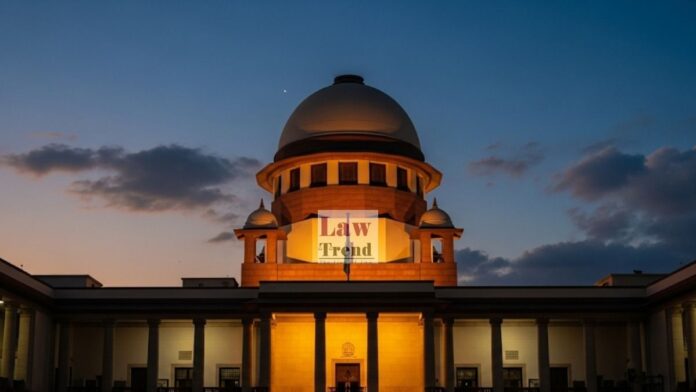The Supreme Court of India, in a landmark judgment, has issued a comprehensive set of directions to all States and Union Territories to ensure humane and dignified living conditions in Beggars’ Homes across the country. A bench of Justices J.B. Pardiwala and R. Mahadevan, while disposing of a long-pending appeal concerning deaths and deplorable conditions
To Read More Please Subscribe to VIP Membership for Unlimited Access to All the Articles, Download Available Copies of Judgments/Order, Acess to Central/State Bare Acts, Advertisement Free Content, Access to More than 4000 Legal Drafts( Readymade Editable Formats of Suits, Petitions, Writs, Legal Notices, Divorce Petitions, 138 Notices, Bail Applications etc.) in Hindi and English.




